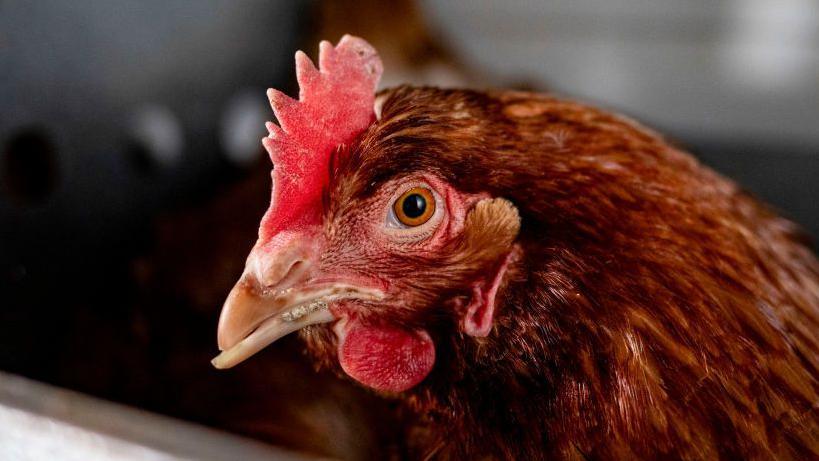'Heartbreak' as bird flu fears take their toll
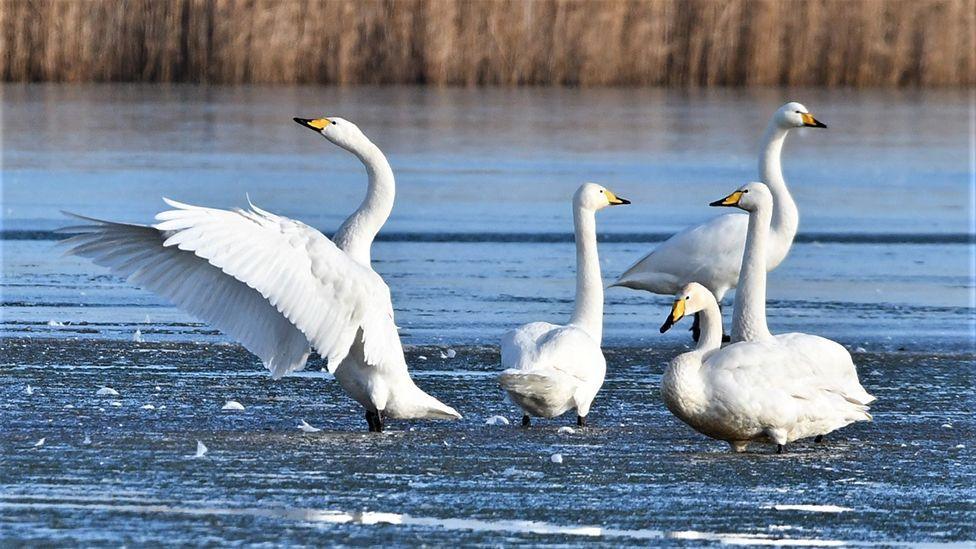
The positive case was found in a whooper swan near the River Trent (stock photo)
- Published
The impact of avian flu and related restrictions - after the first case was confirmed in Nottinghamshire - has been described as "heartbreaking".
Wide-ranging controls have been ordered after a highly infectious strain of the disease was detected in UK birds.
Mansfield Wildlife Rescue said it could no longer respond to reports of ill birds and was imposing its own restrictions.
Amateur wildlife photographer Tammy Mills - who has reported dead swans - said seeing ill birds on the River Trent was "horrific".
'Absolutely devastated'
Earlier this month the Animal and Plant Health Agency's (APHA) weekly data showed one whooper swan had tested positive in Rushcliffe.
Last week saw the implementation of a mandatory housing order, external across large parts of England by the Department for Environment, Food and Rural Affairs (Defra) in response to rising cases.
This is in addition to a nationwide Avian Influenza Prevention Zone, which requires any pet or commercial bird keepers to take precautionary measures.
Cheryl Martins, the manager of Mansfield Wildlife Rescue, said her centre had stopped taking in wild birds and implemented bio-security measures.
"At the moment, we're literally having to say no," she said. "And for us, that is absolutely heartbreaking, because we're here to help the animals - not to leave them to die.
"So, you know, the team are absolutely devastated that we can't help at the moment.
"But again, we have to protect what we've already got on site that we've worked so hard to rehabilitate."
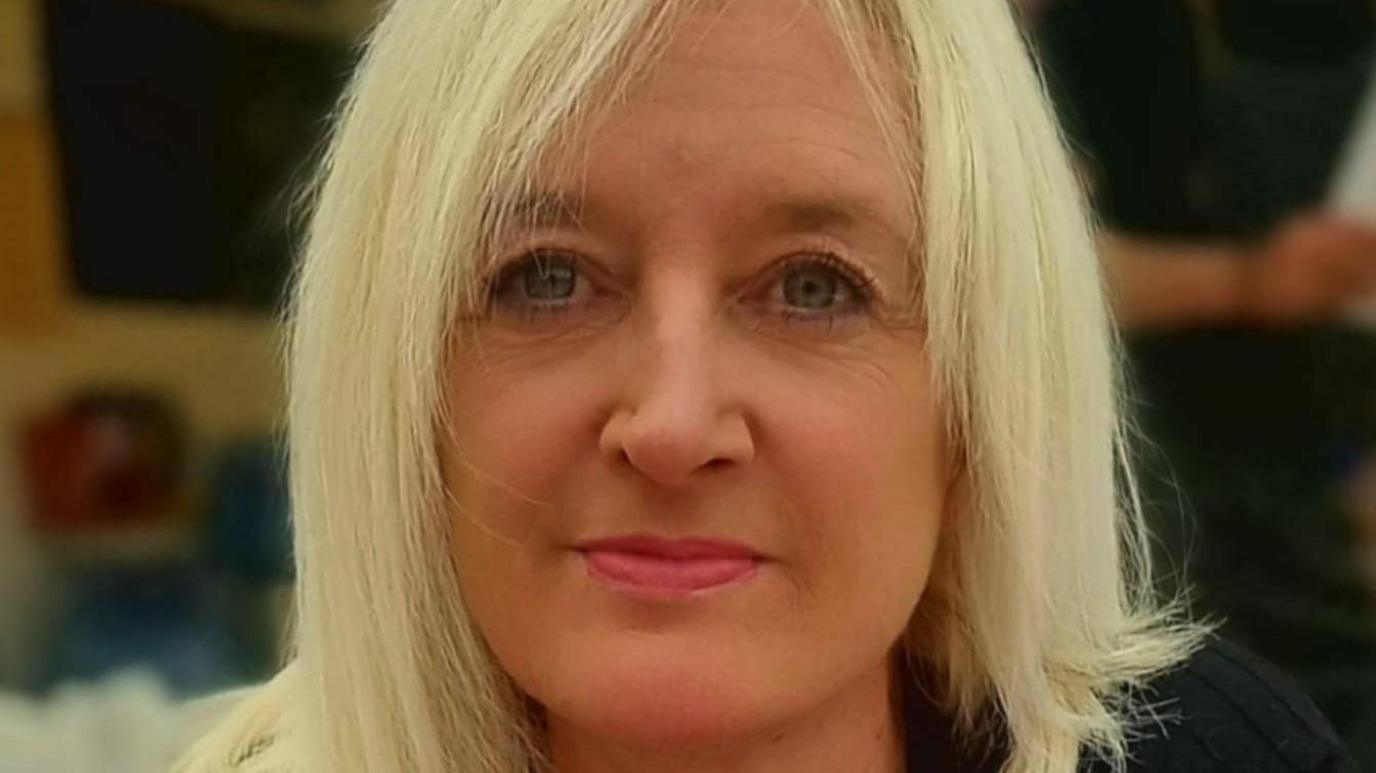
Tammy Mills said she had seen both dead and ill-looking swans
Ms Martins said: "So we've gone into bio-security mode, where the birds are kept in and everybody needs to dip feet as they enter the site and as they leave.
"If we get a potential outbreak here, just one case, and we have to report it to Defra, then Defra will come in and possibly destroy every animal, bird on the site."
One of the largest nature reserves in the region, Attenborough, said it was closely monitoring the situation.
It was also asking visitors to keep pets away from birds and not to feed wild birds as this makes them congregate and could help spread the infection.
Tammy Mills, from Burton Joyce in Nottinghamshire, walks along the River Trent on her commute to work and said until recently, the area had lots of swans.
But two weeks ago this changed and she first notice a dead bird.
"It was quite horrific really, the first one I saw," she said.
"I just came across it and it was floating in the water and it was such an awful sight. It was so badly decomposed by the time I saw it.
"I went to walk away and I looked back and thought, 'I just can't, I can't leave this'. I then Googled whether you needed to report such a sighting and it said that it recommended that I did."
Ms Mills has since seen more apparently ill swans.
"I've seen three so far," she said.
"After the initial one I saw, there was another one a couple of days later and then I saw another one. It was in the water and it was just going around and around in circles."
A spokesperson for the APHA said the agency carried out year-round surveillance of dead wild birds submitted by the public.
However, they also said wild birds were susceptible to a "range of diseases and injuries", which meant that not all dead birds would be positive with avian influenza.
An up-to-date tally of all positive cases can be found on the government's website, external.
Get in touch
Tell us which stories we should cover in Nottingham
Follow BBC Nottingham on Facebook, external, on X, external, or on Instagram, external. Send your story ideas to eastmidsnews@bbc.co.uk, external or via WhatsApp, external on 0808 100 2210.
- Published1 day ago
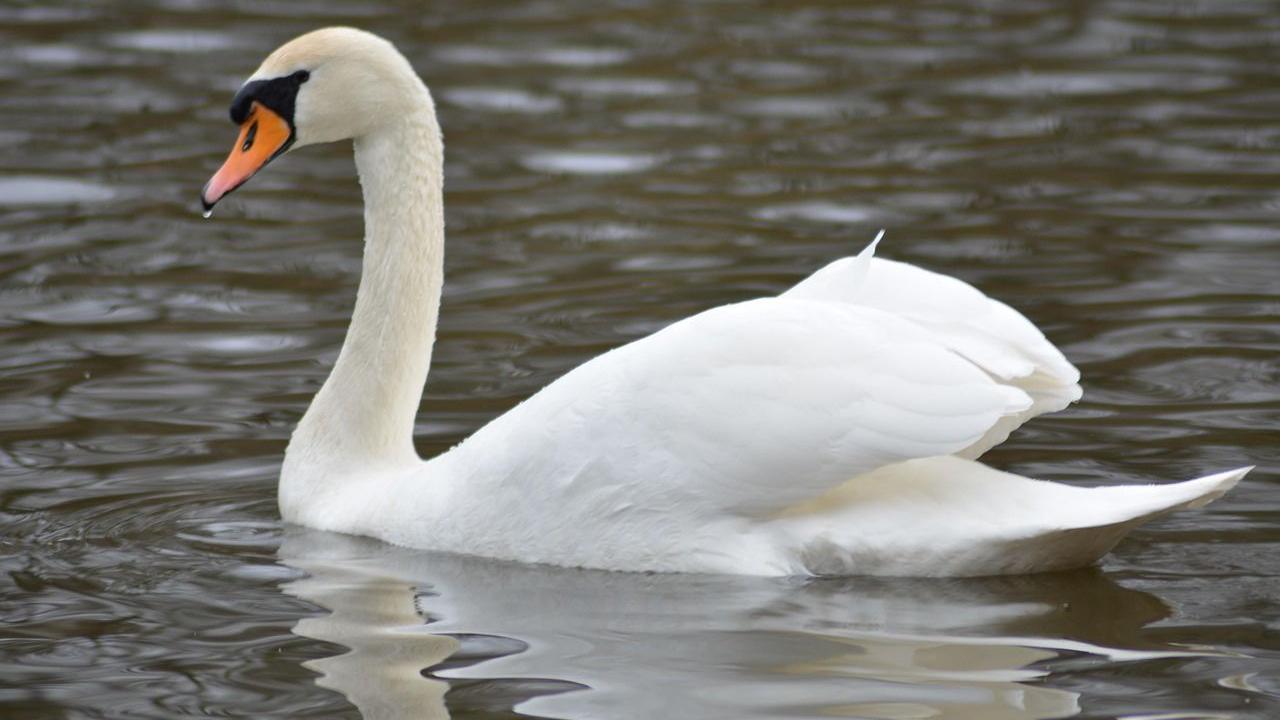
- Published6 November
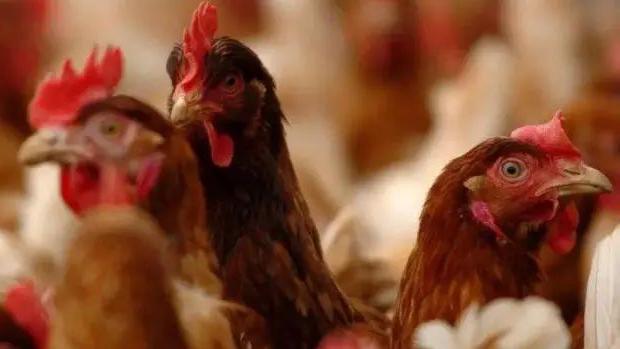
- Published28 October
